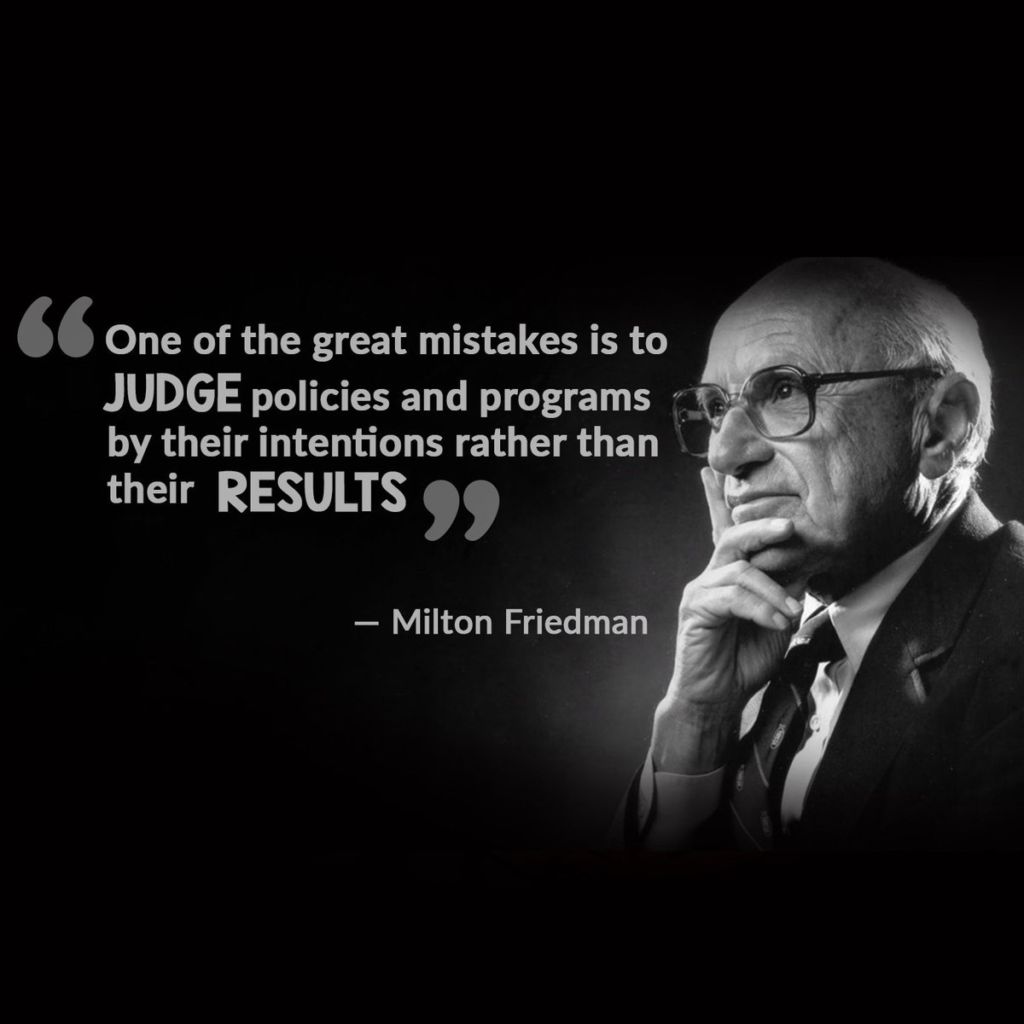A 2020 lesson for policy makers; Intentions do not matter, results do

Quoting the 1982 Economic Nobel Laureate, George Stigler,
Whether one is a conservative or a radical, a protectionist or a free trader, a cosmopolitan or a nationalist, a churchman or a heathen, it is useful to know the causes and consequences of economic phenomena.
Economic literacy is a trait that is especially lacking in today’s policy-making world. The misguided push for a higher minimum wage that has taken place in the last year is clear evidence of this fact.
Given all that we know about the market, it is a shock that “The Raise the Minimum wage” movement has garnered so much support. As of January 1st, 2020, minimum wages have gone up in 22 states, providing a pay increase for 6.8 million workers across the country. Furthermore, there are efforts to push for a federal minimum wage raise to $15 by 2025.
The evidence is clear
If we are going by performance, the track record for minimum wage has been anything but positive. This is especially true for restaurants.
In Seattle and other cities throughout the country, the minimum wage mandate has killed restaurants. Not to mention that most restaurants have had to raise their prices to keep afloat since they operate on low-profit margins.
Intentions don’t matter, results do
The notion that raising the minimum wage comes without costs is absurd and is not rooted in economic theory. The minimum wage harms workers — especially young and low-skilled workers.
Whether legislators are genuinely well-intended in trying to raise the income of workers, raising the minimum wage is not the way to go. It is not the intentions that matter, but the results. And as far as minimum wage is concerned, the results have been disastrous.